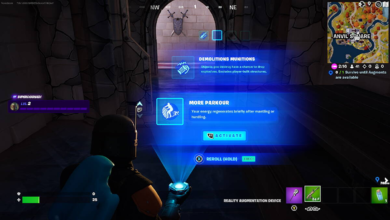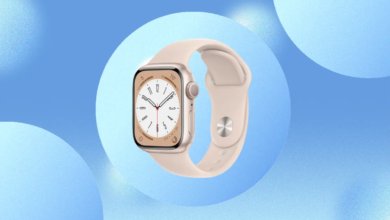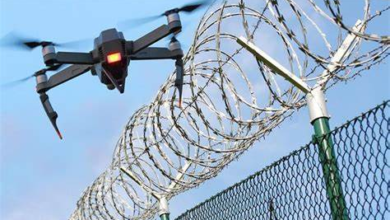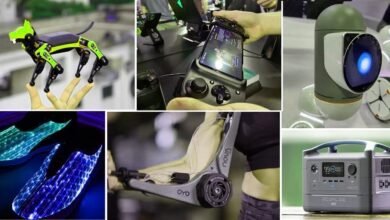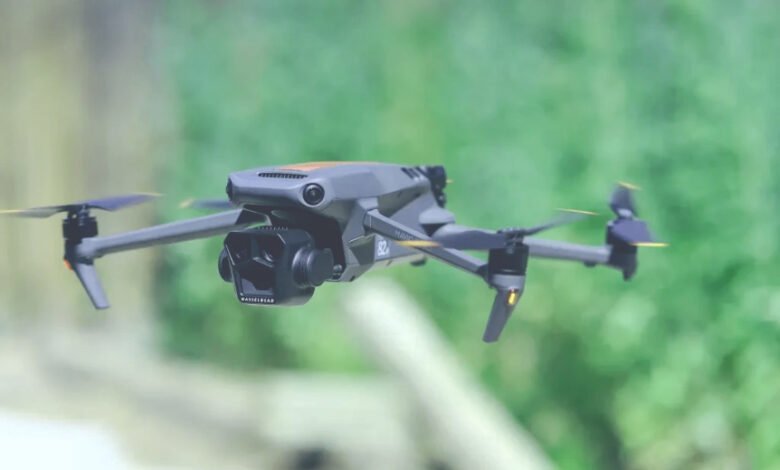
Drones have completely transformed the world of photography and videography. These flying marvels allow creators to capture breathtaking aerial views, giving their work a cinematic edge. Whether you’re a beginner or a seasoned professional, drones open a whole new realm of possibilities for creative storytelling.
Choosing the Right Drones for Photography and Videography
Features to Consider
When selecting a drone, prioritize camera quality. Look for drones with 4K resolution or higher, as this ensures sharp, vibrant visuals. Stabilization features, like gimbals, are essential for smooth footage, while a longer battery life and extended range enhance usability.
Popular Drone Models for Photography
For beginners, DJI Mini 3 Pro is a fantastic entry-level option. Professionals often favor drones like DJI Inspire 3 or Autel Robotics Evo Lite+ for their superior capabilities.
Understanding Drone Regulations
Legal Requirements
Before flying, familiarize yourself with your country’s drone laws. Many regions require registration or licenses, particularly for drones over a certain weight.
Restricted Areas
Always check for no-fly zones, which include areas near airports, government buildings, or wildlife reserves. Staying informed about regulations ensures safety and compliance.
Read More : How to Use Digital Assistants: Transforming Your Daily Tasks with Smart Technology
Preparing for Your Flight
Pre-flight Checklist
Inspect your drone for damage, ensure batteries are fully charged, and verify the weather forecast. Windy or rainy conditions can compromise safety.
Essential Accessories
Carry extra batteries, ND filters for better exposure control, and sufficient storage like high-speed SD cards to manage large files.
Mastering Drone Controls
Basic Movements
Start with simple maneuvers like ascending, descending, and rotating. Practice makes perfect!
Advanced Techniques
Learn to execute tracking shots, where the drone follows a moving object, or orbit shots for a professional feel.
Drones for Photography and Videography Tips
Framing and Composition
Use the rule of thirds to create balanced shots. Incorporate leading lines to guide the viewer’s eye through the image.
Optimizing Camera Settings
Adjust settings like ISO, shutter speed, and aperture to match lighting conditions. Shooting in RAW format offers more flexibility during editing.
Drone Videography Techniques
Smooth Movements
A steady gimbal is crucial for eliminating shaky footage. Slow, deliberate movements add a cinematic quality to your videos.
Capturing Dynamic Shots
Experiment with tracking fast-moving subjects or using reveal shots to unveil stunning landscapes.
Editing Drone Footage
Choosing the Right Software
Popular options include Adobe Premiere Pro and DaVinci Resolve for video, and Adobe Lightroom for photos.
Enhancing Footage
Color grading can dramatically improve your visuals, making colors pop and footage more engaging.
Maintaining Your Drone
Regular Inspections
Check for wear and tear on propellers and motors before and after every flight.
Software Updates
Update your drone’s firmware regularly to access new features and improve stability.
Creative Drone Uses
Aerial Landscapes
Capture sweeping views of mountains, forests, and cities to create awe-inspiring imagery.
Events and Weddings
Drones add a unique perspective to events, capturing moments from angles that ground-based cameras can’t.
Challenges and Troubleshooting
Common Issues
Signal loss and wind interference are common challenges.
Solutions
Plan flights in open spaces with minimal obstacles. In emergencies, use the drone’s return-to-home function.
Conclusion
Mastering drone photography and videography requires practice, patience, and creativity. The more you experiment, the better you’ll get at capturing stunning visuals that stand out.
FAQs
- What is the best drone for beginners?
DJI Mini 3 Pro is an excellent choice for those new to drones. - Can drones be used indoors?
Yes, but caution is necessary to avoid obstacles and crashes. - What are the safety precautions for flying a drone?
Always check weather conditions, inspect your drone, and avoid restricted areas. - How do you get cinematic shots with a drone?
Use slow movements, gimbal stabilization, and advanced techniques like tracking and orbit shots. - What’s the average battery life of a photography drone?
Most drones offer 20-30 minutes per charge, depending on the model.


